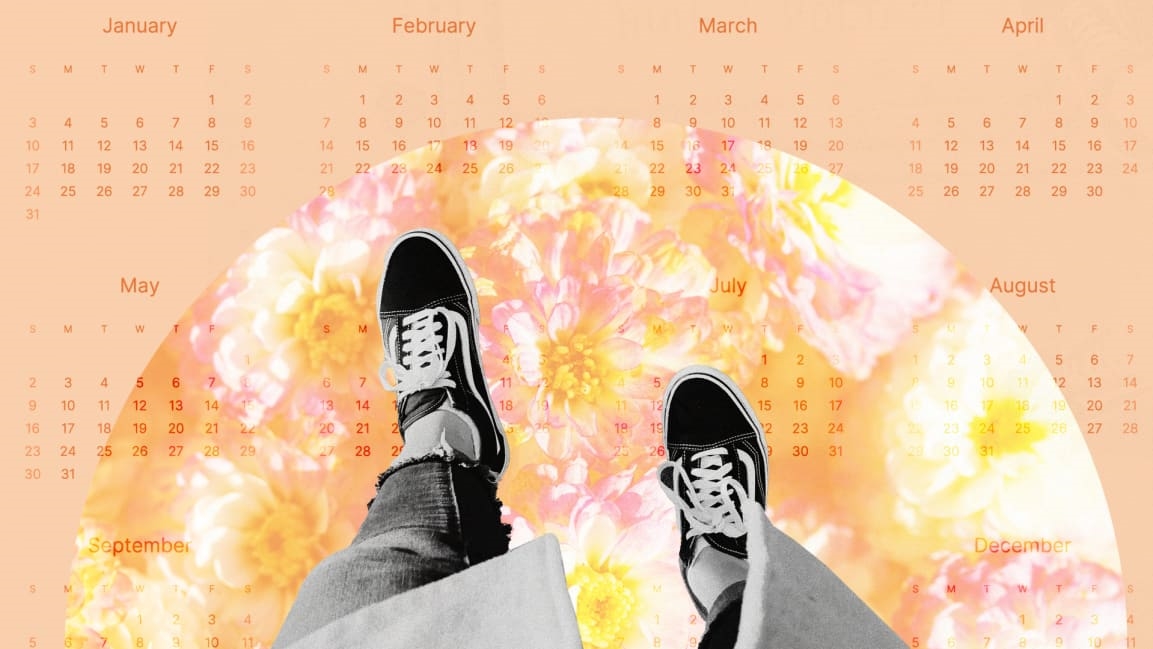Why (and how) your resolutions should look different this year
For many of us, life looks a lot different this year than we might have planned. As we continue to make it through the global crisis, many of us are ready to say goodbye to 2020. A desire for a fresh start is creating a renewed interest in New Year’s resolutions.
A survey from YouGov conducted for the productivity app creator Evernote finds more Americans plan to make resolutions this year—32% compared to 28% in last year’s survey—and 76% say they are taking resolutions more seriously this year compared to previous years. Health-related goals are the top priority, with 66% of Americans who plan on making resolutions indicating that theirs will be health-related resolutions, including self-care.
Another survey, this one from the personal finance site Finder.com, found that more than half of American adults believe they will achieve their New Year’s resolution. Their top categories were health, self-improvement, and money.
Crises, such as a pandemic, allow us an opportunity for self-reflection and for finding meaning in life, says Eric Zillmer, a licensed clinical psychologist and professor of neuropsychology at Drexel University. “By setting goals for 2021, we agree to use the pandemic as a problem-solving opportunity,” he says. “As a result, we are not allowing ourselves to become victims of the COVID crisis, but to take action by setting goals that have the potential for us to be more creative, happier, and more productive, even during a pandemic.”
How to Set Resolutions
Setting goals is a motivational technique that provides focus for solving a particular problem, and when done correctly they can be effective, says Zillmer.
“Intuitively most people know that it is important to set goals,” he says. “But there is a science in setting goals and executing them. New Year’s resolutions are famous for being broken. Many dread planning any New Year’s resolutions only to fail at them and then feel guilty.”
Zillmer recommends setting many goals, including dream goals, big goals, realistic goals, and several small, intermediate-type goals. “You have to write your goals down, chart them and even make them public, by telling your friends,” he says. “You have to allow yourself to reevaluate them periodically, fail at them, and give yourself permission to change them. Goal setting works, but only if you internalize your goals, have discipline, but also allow yourself to be flexible.”
Start Small
Kimberly Presley, licensed clinical social worker and the clinical director at Taylor Counseling Group, a counseling group in the Dallas Fort Worth area, encourages people to start small by choosing one thing to do differently in 2021.
“Reflecting on each main category of your life and choosing one thing to do differently is a great way to feel like you are starting over even in the midst of the monotony of a pandemic,” she says. “This could be something you stop doing, start doing, or a plan to continue doing because it’s working well.”
Presley suggests and spending some alone time reflecting on the following categories:
Starting small can be a good way to avoid disappointment. Kathy Wu, assistant professor of graduate clinical psychology at Widener University, says that while many of us hope 2021 brings a much-needed fresh start, making big plans for the new year might do more harm than good.
“I think there is this psychological desire for a new start, so there might be a lifting of spirits come January 1,” she says. “I can anticipate people making really great plans, but if the environment doesn’t change to allow for those plans to come to fruition, people are going to be left feeling more stressed and constrained.”
Due to COVID, many of us have less tolerance for wasting our time, and that can be a good thing for setting resolutions, says Zillmer. “Let’s use the New Year as a catalyst to clean out our closet of mental stress,” he says.
(20)



